Key Points
- Aid received in response to COVID-19 could impact business taxes in 2021.
- The tax treatment on PPP and EIDL loans impact both revenues and deductions.
- Special tax credits could lower taxes due in 2021.

The pandemic of 2020 struck the US and sent the economy in a downward spiral that resembled the Great Depression. The government’s response included a series of programs designed to bring relief to individuals and businesses to prevent a tsunami of bankruptcies and foreclosures.
It also presents a tricky tax season as businesses must determine how the aid received will affect tax obligations. Below are the most common forms of assistance available in response to COVID-19 and how each will impact business taxes in 2021.
Taxes Small Businesses Pay
Income tax on earnings filed annually. All businesses must file an annual tax or information return.
Self-employment: Self-employed individuals earning more than $400 outside of employer wages must pay business taxes. The self-employed pay the employer and employee portion of Social Security and Medicare taxes, or 15.3% of net income in addition to income taxes.
Businesses with employees pay employment taxes. Companies pay half of the employee Social Security and Medicare taxes due.
Tax Treatment for Paycheck Protection Loans (PPP)
The CARES Act supplied forgivable loans to offset the impact of mandatory business shutdowns and reduced revenue experienced because of COVID-19. The PPP loan became forgivable when the company used funds for qualified expenses such as payroll, utility costs, and rent.
The IRS ruled that PPP funds qualifying for forgiveness is tax-free income. However, companies will pay taxes on amounts that do not qualify for forgiveness.
Are Business Expenses Paid for With PPP Funds Deductible?
The IRS does allow businesses to deduct expenses paid with PPP loan proceeds.
Tax Treatment for Economic Injury Disaster Loans (EIDL)
The SBA expanded the EIDL program to help businesses impacted by the pandemic. While EIDL loans are not traditionally forgivable, EIDL advances granted in 2020 could qualify for loan forgiveness. Businesses receiving EIDL funding treat the loan like any other debt for tax purposes.
Who Qualifies for Employee Retention Tax Credit (ERTC)
The CARES Act created the ERTC as an incentive for employers to retain staff. Initially, the CARES Act required businesses to choose either the PPP or ERTC. However, in December 2020, Congress authorized companies to receive both PPP loans and the ERTC.
The caveat is that employers cannot use the incentives to cover the same expenses. The credit allows employers to receive a tax credit of up to $14,000 for each employee through June 30, 2021. The bill passed in December 2020 also expanded eligibility, qualifying more businesses for the tax credit.
How Does the Families First Coronavirus Response Act (FFCRA) Affect Business Taxes?
The FFCRA requires certain employers to pay for sick and medical leave related to COVID-19 thru December 31, 2020. The law generally requires companies to pay for two weeks of leave at full pay for pandemic related absences.
The FFCRA tax credit gives businesses a dollar-for-dollar refundable tax credit to reimburse the company for providing the mandated sick leave costs. Companies can qualify for the FFCRA tax credit and receive PPP loans. However, the business cannot use the PPP loan to pay wages related to sick leave wages if it wants to claim the tax credit.
Taxation of Deferred Payroll Taxes
The Cares Act allows companies to defer payroll taxes thru December 31, 2020. Companies choosing tax deferrals must pay 50% of the deferred taxes owed by December 31, 2021, and the other 50% by December 31, 2022.
Can Businesses Use PPP Funds to Pay Business Taxes?
The CARES Act specifically earmarked expenses that qualify for loan forgiveness. The list does not include business taxes. Any funds used to pay business taxes will impact the level of loan forgiveness received.
